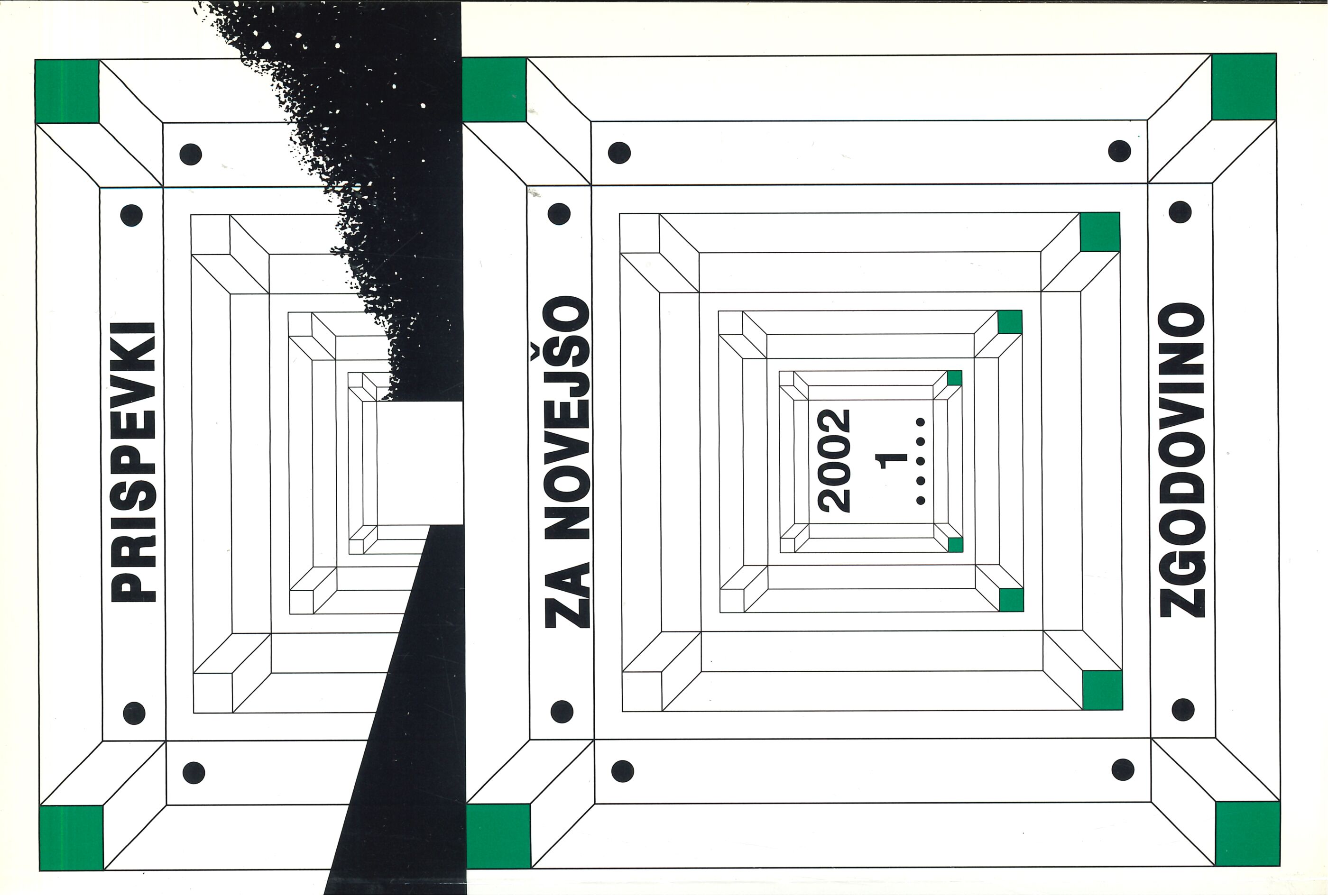Public Demands for Control of the State Budget and the Beginning of Democratization in the Habsburg Monarchy and Carniola
Keywords:
Habsburg monarchy, democratization, parliamentarianism, budgeting, Carniola, bourgeoisie, revolutionAbstract
One of the main factors which triggered the democratic process in the Habsburg monarchy was taxpayers' demand to control the State budget. This factor played a considerable role in the emergence of the constitutional life in the monarchy in 1848/49 and 1859/61. As well as presenting the general problems related to Austrian political and financial development, the author focuses in particular on the attitude of the Carniolan population towards the democratic process from the viewpoint of the struggle for parliamentary control of the budget. The mood of the Carniolans in this regard closely resembled that of the general public in the Habsburg monarchy. This mood also reflected the social structure of the Carniolan population which was devoid of a financially strong bourgeoisie or politically influential aristocracy who would actively influence the course of events. Because of this, the only thing this thin stratum of the politically conscious population in Carniola could do was respond in varying degrees to the national democratization.
Downloads
Published
Issue
Section
License
Authors who publish with this journal agree to the following terms:
- Authors retain copyright and grant the journal right of first publication with the work simultaneously licensed under a Creative Commons Attribution License that allows others to share the work with an acknowledgement of the work's authorship and initial publication in this journal.
- Authors are able to enter into separate, additional contractual arrangements for the non-exclusive distribution of the journal's published version of the work (e.g., post it to an institutional repository or publish it in a book), with an acknowledgement of its initial publication in this journal.
- Authors are permitted and encouraged to post their work online (e.g., in institutional repositories or on their website) prior to and during the submission process, as it can lead to productive exchanges, as well as earlier and greater citation of published work (See The Effect of Open Access).


